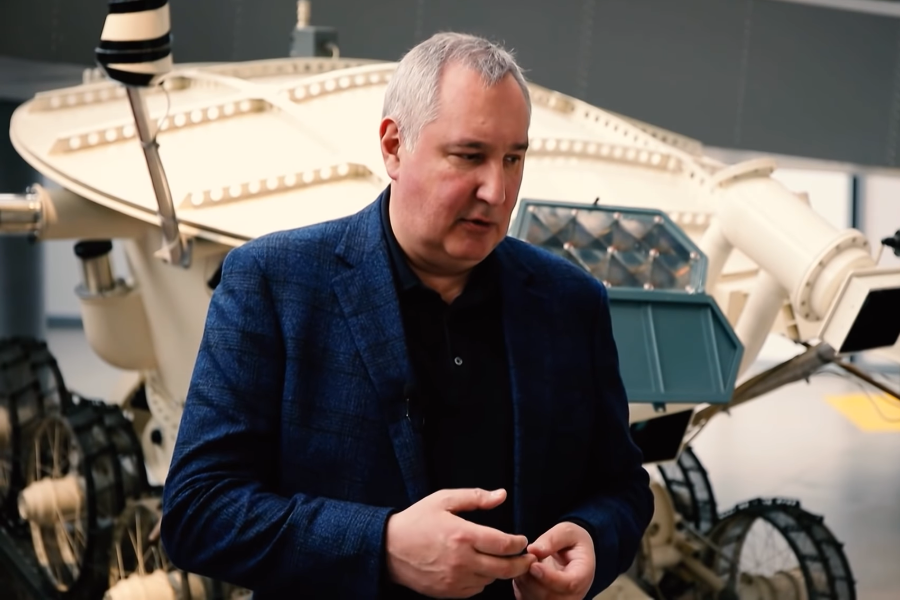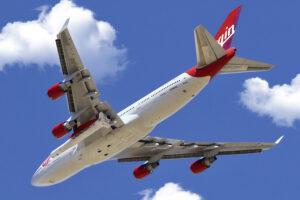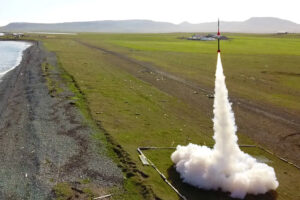Will the British Space Sector Survive after Sanctions on Russia?
23rd May 2022
After Russia invaded Ukraine, Western countries began punishing Russia economically. On 28th February 2022, the United Kingdom suspended all existing and new licenses to export dual-use items to Russia. The UK has also enacted a law to expand its existing export controls on “military goods [and] military technology” to prevent the export, supply and delivery, transfer or access of “critical industry goods and technologies”, including certain electronics, telecommunications equipment, aerospace and power plants, and “dual-use goods and technologies”.
The Russians claim that the sanctions will hit the countries that impose limitations the most. We’ve looked into how strongly the UK relies on Russian products, particularly in space exploration, to see if the assertion holds water.
Russians Claim the West will Suffer
After the West introduced sanctions against space companies, concern grew in certain corners of the global space industry, as many companies worldwide relied on Russian launch services. Roscosmos chief Dmitry Rogozin opined that cutting off Russian space services would have far-reaching consequences for those doing the cutting.

“I am sure that cooperation will be restored in one form or another, but it will be restored with other accents. Because now, we will work primarily with those states that have taken either a reasonable position or, at least, a neutral one. And when the dust settles, those who imposed sanctions will be forced to negotiate with us on our terms,” he said. Rogozin added that all sides would face hardship because of the limitations against Roscosmos.
A Way towards an Independent Space Industry
When sanctions expanded to cover Russian space companies, some consequences were felt by Western enterprises cooperating with Russia. OneWeb, a British satellite constellation, suspended all remaining Soyuz launches, but it quickly found an alternative launcher. The European Space Agency postponed the Mars mission, ExoMars (in which the UK was the second-largest financial backer), and put its cooperation with Russia on hold.
This trend may become the breaking point after which many governments and companies stop relying on Russian rocketry and invest in alternative solutions. Space companies do not want to find themselves repeating a scenario where their billion-dollar launch is cancelled due to Russian aggression and warfare.
UK Space and Levelling Up Programmes
With the release of the National Space and Levelling Up Programmes, the United Kingdom made a clear statement about becoming a leader in the European space sector. Under the Levelling Up Programme, the UK Government will provide £600,000 worth of funding to bolster the space sector and help businesses create more job opportunities. The UK also plans to invest £1.4 billion in space defence to strengthen its national security forces. With investments in national and private space projects, the UK is expected to see its first launches from UK soil.
There are currently seven possible spaceports in the United Kingdom, three of which are on track to hold launches soon. Virgin Orbit, Orbex and Skyrora are already preparing for launches in 2022 and 2023. The British space sector is developing and is on the way to building a fully independent and sustainable, full-cycle space sector.
The UK as a whole will not suffer significantly from the sanctions as the country did not import much from Russia. But it is a pivotal moment for many globalised industries, including the space sector. The UK must focus on its own space companies and effort, including private startups, and provide financial support. After all, it’s worth using this uncertain moment to strengthen national space capabilities.






Thank you for your comment! It will be visible on the site after moderation.